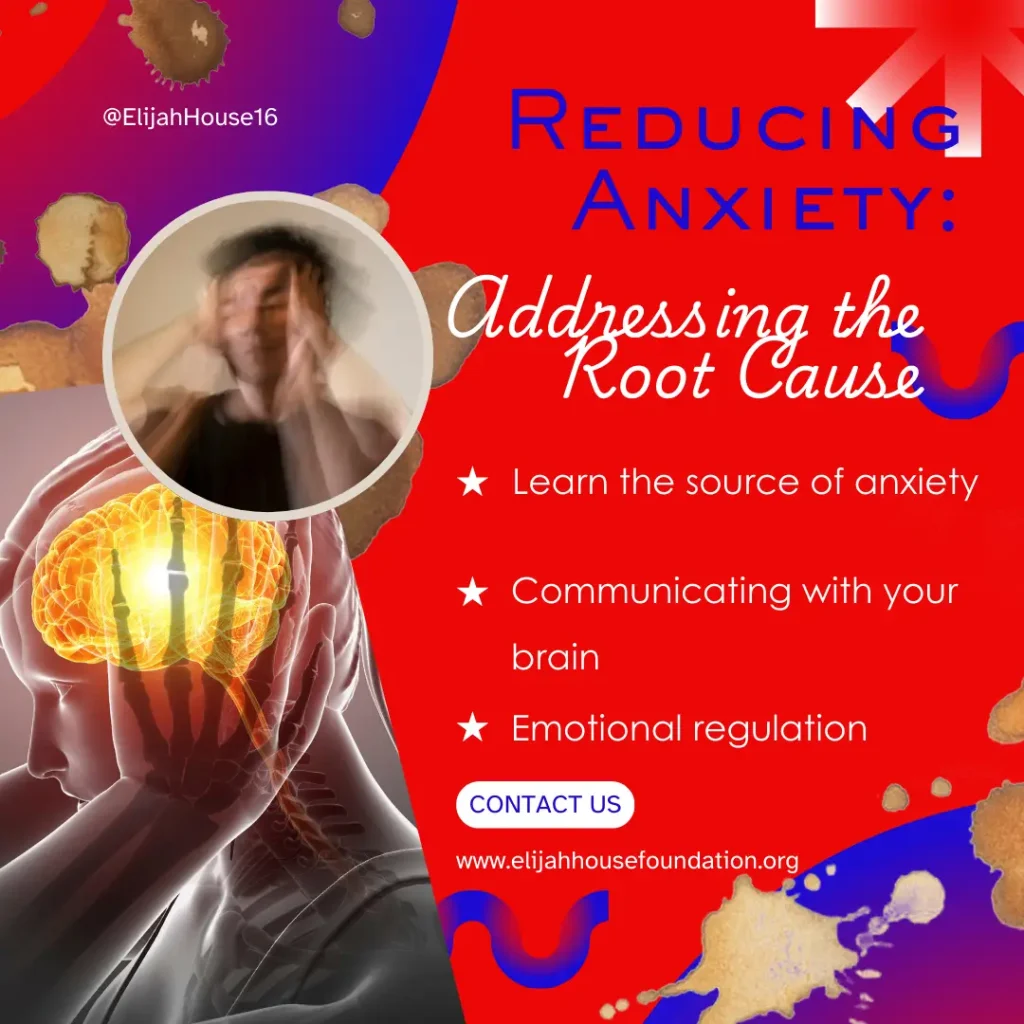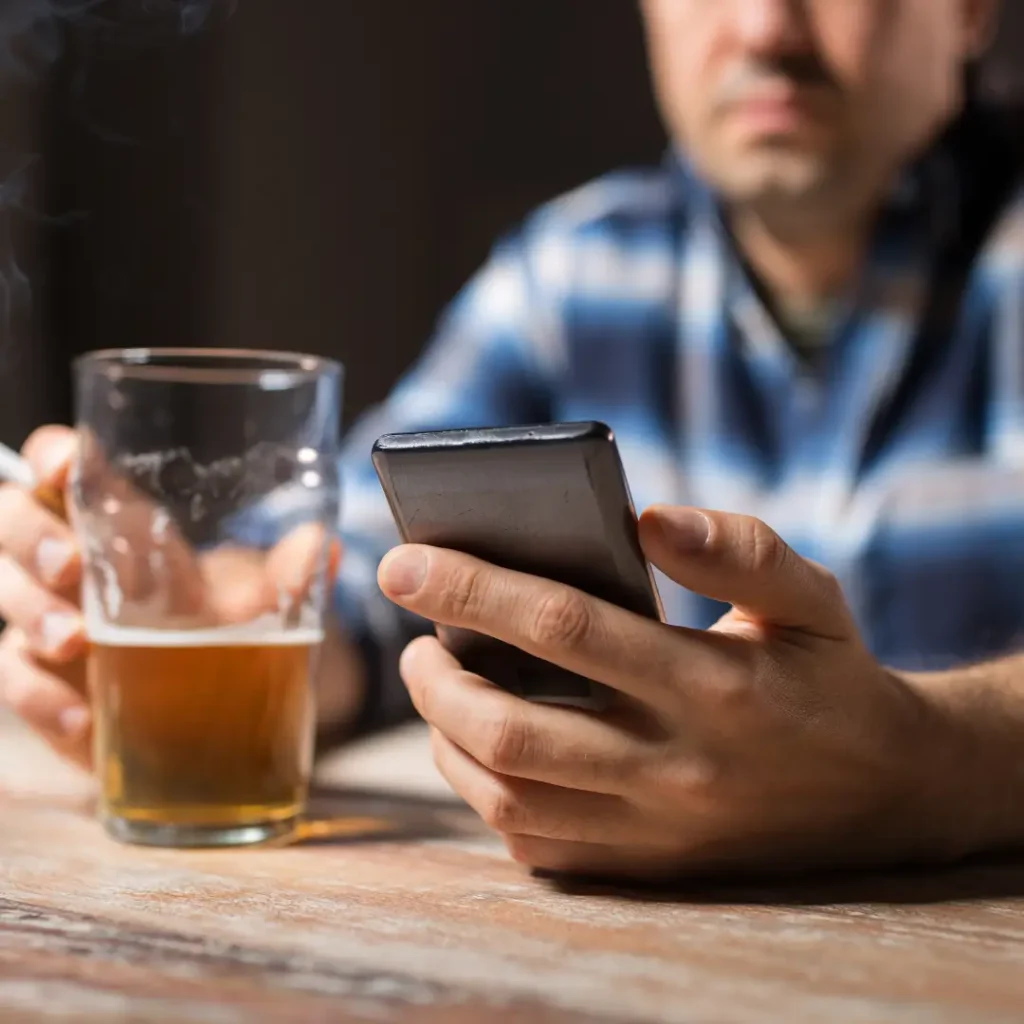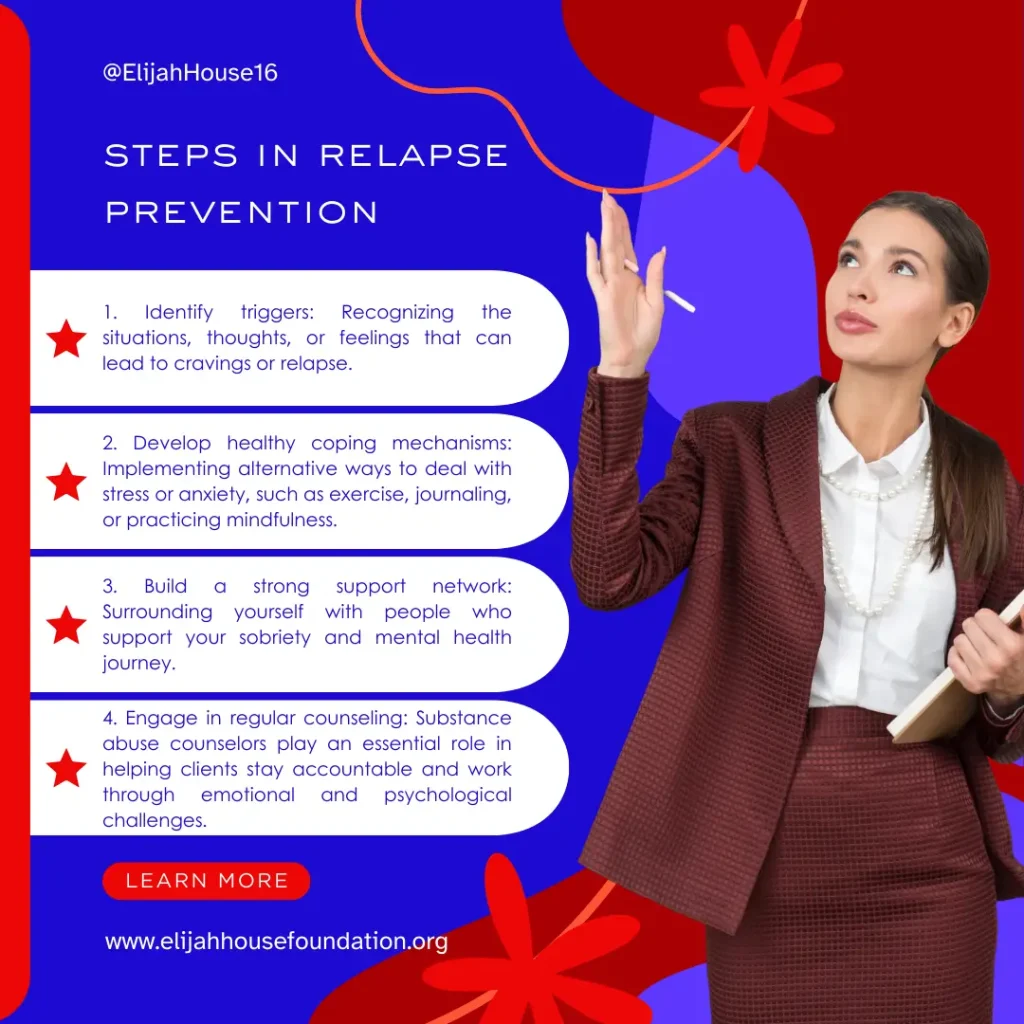
Anxiety is the most commonly diagnosed behavioral health disorder, affecting millions of individuals worldwide. It presents itself as persistent worry, nervousness, or fear, which can significantly disrupt daily life. Many people turn to drugs or alcohol as a way to cope with their anxiety, but this coping mechanism often worsens the problem. Understanding the nature of anxiety and its relationship with substance use is critical for anyone looking to regain control over their mental health and sobriety.
What is Anxiety?
Anxiety is a natural response to stress, but when feelings of fear or worry become overwhelming or uncontrollable, they may signal an anxiety disorder. These disorders include generalized anxiety disorder (GAD), panic disorder, and social anxiety disorder, among others. Common symptoms include:
- Restlessness or feeling on edge
- Difficulty concentrating
- Irritability
- Sleep disturbances
- Physical symptoms such as rapid heartbeat, shortness of breath, or sweating
The sources of anxiety are multifaceted and can range from genetic predispositions to environmental stressors, such as trauma or ongoing life challenges like financial difficulties, relationship problems, or job stress.

Reducing Anxiety: Addressing the Root Cause
To reduce anxiety, it is essential to identify and address its root cause. Understanding what triggers your anxiety can provide a path to managing and regulating emotions. This often involves:
- Learning about the source of anxiety: Individuals must first identify their triggers, whether they be situational stressors, underlying traumas, or specific fears.
- Communicating with your brain: Developing healthy communication patterns with yourself can significantly impact anxiety levels. This includes recognizing negative thought patterns and working to reframe them into more constructive, realistic thoughts.
- Emotional regulation: Taking time for emotional regulation techniques, such as mindfulness meditation, deep breathing, and physical exercise, can help individuals regain control over their anxiety. These activities engage the body’s natural calming mechanisms and help regulate emotions.
Substance Use as a Coping Mechanism
Many individuals turn to drugs or alcohol as a way to cope with anxiety. Substances provide temporary relief by numbing feelings of stress or worry, but this relief is fleeting. In fact, using drugs or alcohol as a coping mechanism often exacerbates anxiety in the long run.
For instance, alcohol, which is often used to self-medicate feelings of anxiety, can worsen the problem. Though alcohol may provide a temporary sense of relaxation, it is a depressant that can disrupt sleep, alter brain chemistry, and lead to physical dependence. After the initial effects wear off, alcohol withdrawal can produce symptoms that mirror anxiety, such as irritability, restlessness, and physical tension.
The same holds true for other substances, such as prescription medications like benzodiazepines, which are often prescribed to treat anxiety but can be highly addictive when misused. Over time, individuals may require higher doses to achieve the same effect, leading to dependence, worsened anxiety, and a vicious cycle that becomes increasingly hard to escape.

Alcohol-Induced Anxiety
Research has shown that alcohol use can directly lead to feelings of anxiety. Alcohol affects neurotransmitters in the brain, including GABA (gamma-aminobutyric acid), which helps regulate calmness and relaxation. Drinking alcohol temporarily enhances GABA activity, but the brain becomes less efficient at producing it naturally over time. As a result, individuals experience increased anxiety when they are not drinking or as the effects of alcohol wear off, leading to a heightened desire to drink again. This can create a destructive cycle of drinking to cope with anxiety, only to experience worse anxiety as a consequence.
How Elijah House Foundation Helps Clients Manage Anxiety and Addiction
At Elijah House Foundation, we understand the complex relationship between anxiety and substance use. Our comprehensive care model helps clients address both their substance use and underlying anxiety through a continuum of services, including:
- Sober living environments: Clients live in supportive, structured housing where they can focus on recovery.
- Counseling services: Clients work with substance abuse counselors to develop strategies for managing their anxiety and avoiding relapse.
- Relapse prevention programs: Clients learn essential coping skills, emotional regulation techniques, and strategies to stay sober. A key element of relapse prevention is talking with a counselor, who can provide insight, support, and accountability as clients navigate their recovery journey.

Steps to Relapse Prevention
Relapse prevention is critical to sustaining long-term sobriety, especially for individuals who struggle with anxiety disorders. Some steps in relapse prevention include:
- Identify triggers: Recognizing the situations, thoughts, or feelings that can lead to cravings or relapse.
- Develop healthy coping mechanisms: Implementing alternative ways to deal with stress or anxiety, such as exercise, journaling, or practicing mindfulness.
- Build a strong support network: Surrounding yourself with people who support your sobriety and mental health journey.
- Engage in regular counseling: Substance abuse counselors play an essential role in helping clients stay accountable and work through emotional and psychological challenges.

Anxiety and Recovery: Finding Relief through Sobriety
For many individuals, getting clean and sober can significantly reduce symptoms of anxiety. Removing substances from the equation allows individuals to better address the underlying issues contributing to their anxiety and to develop healthy coping strategies. With proper treatment, support, and self-care, individuals can break the cycle of anxiety and substance use, achieving greater peace of mind and long-term recovery.
At Elijah House Foundation, we’re committed to helping our clients navigate this journey, providing the tools and resources needed to manage anxiety without relying on substances.
If you or someone you know is struggling with substance abuse, please reach out to the Elijah House Foundation for support and guidance at (530) 815-9558.
References:
- American Psychiatric Association. (2022). Anxiety disorders. Retrieved from https://www.psychiatry.org/patients-families/anxiety-disorders/what-are-anxiety-disorders
- National Institute on Alcohol Abuse and Alcoholism (NIAAA). (2023). Alcohol’s effects on the brain. Retrieved from https://www.niaaa.nih.gov/alcohols-effects-health/alcohols-effects-brain
- National Institute on Drug Abuse (NIDA). (2022). Commonly used drugs chart. Retrieved from https://nida.nih.gov/research-topics/commonly-used-drugs-charts

